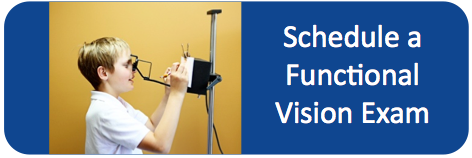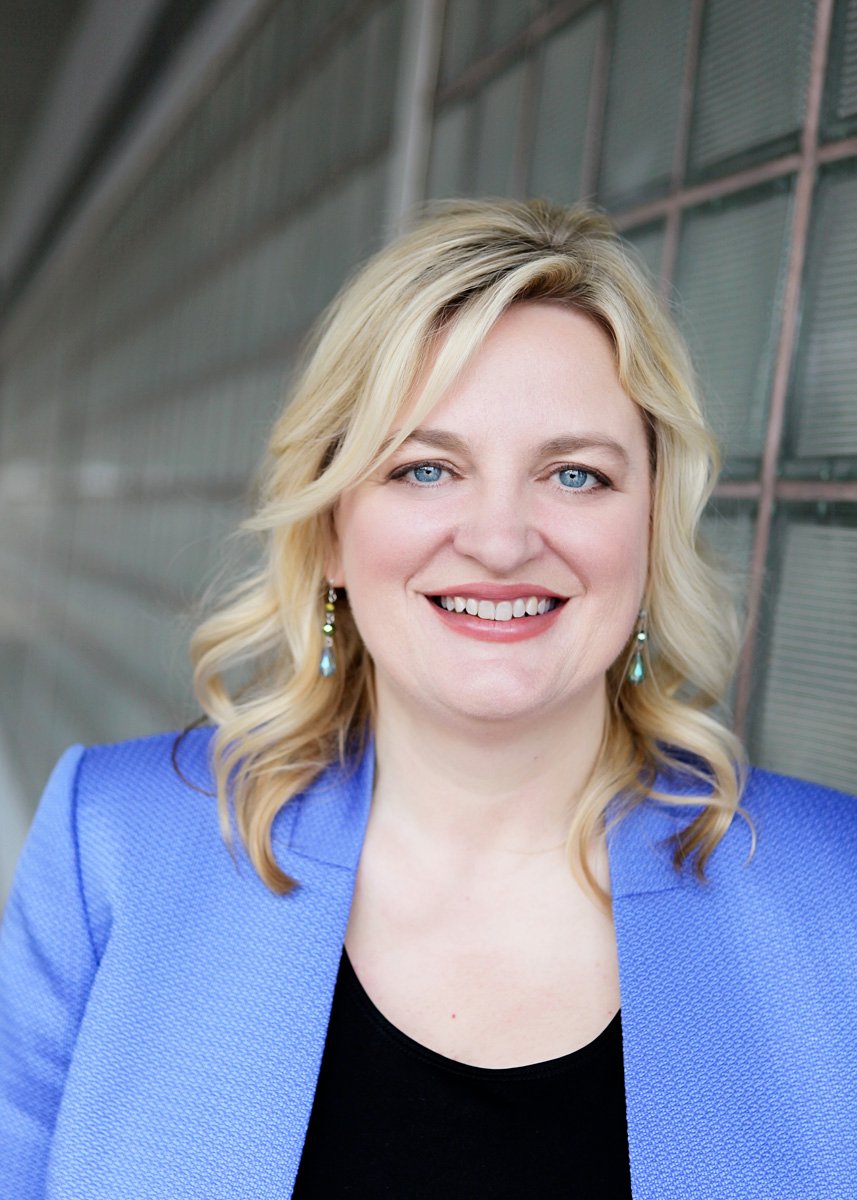A success story from a client at The Vision Therapy Center: Christopher’s story begins like the stories of so many kids with vision problems. From the time he was very small, we knew something was not quite right, yet neither his teachers nor we could quite put a finger on what it was. Visits to several medical professionals got us nowhere until we had the good fortune of being referred to The Vision Therapy Center.
Strange symptoms
As a toddler, Christopher did not seem to enjoy being read to. He would quickly get antsy and rarely made it to the end of even the shortest story.
Around the age of 3 he developed an odd and literally paralyzing fear of any sort of bridge. Whether it was a sturdy concrete bridge that a car could drive over or one connecting sets of playground equipment, he would refuse to cross it.
This was followed quickly by a fear of open stairways and a fear of getting on or off of elevators. He would fixate on the crack on the floor between the elevator and the doors. I chalked it all up to a strange fear of heights that he would outgrow.
Once school started, we quickly realized something significant was going on.
Problems starting in 4K
His 4K teacher noticed that he resisted any sort of writing, drawing or coloring exercise. He also began developing some motor tics – involuntary movements of his arms and hands.
Off we went to see a neurologist, who diagnosed him with a tic disorder and warned us that kids with this type of problem frequently have learning issues as well.
As Kindergarten progressed I realized with a sinking heart that he was, indeed, struggling. His teacher would comment to me frequently that he was a bright boy who often made very interesting and accurate observations, but yet he struggled to learn and identify the letters of the alphabet.
Interestingly enough, testing at the end of the year placed him right at “average” and on to first grade he went.
Struggles begin to escalate
First grade brought even more challenges now that he was expected to learn to read. He fell further and further behind his classmates and began receiving support from Mrs. Lippert, the school’s special education teacher.
Later that year, some incidents led Christopher’s pediatrician to think he may be having seizures and we saw another neurologist.
He found that there were no seizures, but that Christopher was stressed out by the learning difficulties he was experiencing. He also did a quick eye exam and found a slight astigmatism in his right eye. The family optometrist felt it was not bad enough to warrant glasses at that time.
Second grade brought even more struggles. When reading, Christopher would often unknowingly “rearrange” the letters in the words on the page and come up with entire new words.
The tics had gotten so bad at school, he began sitting on his hands much of the day to get them to stop.
He also became very anxious. I began noticing he was rubbing his right eye when he was trying to read or do homework.
No one can find a solution
Back to the optometrist we went again, getting the same result – he can “see” ok, so no glasses needed.
The eye rubbing nagged at me, so I took him to a pediatric ophthalmologist who told me that even though he had a slight astigmatism in that eye and that he had a bit of a “lazy eye” in that eye, he could still see ok and did not need anything.
She then went on to tell me that he would stop rubbing his eye if I stopped bringing attention to it.
I left her office with a heavy heart and a pamphlet that lectured parents on the dangers of thinking that they can solve their child’s learning problems with glasses.
Third grade brought complete meltdowns every night at homework time and tics so bad Christopher could barely hold a pencil.
Every night ended with him frustrated and exhausted and me crying and at my wits end. His teacher and special ed teacher noticed he could barely pay attention to anything past lunchtime and was falling further and further behind.
He regularly referred to himself as stupid.
Discovering vision therapy
When Mrs. Lippert suggested I take Christopher to see Dr. Knueppel at The Vision Therapy Center, my first reaction was NO WAY! We had been down the “eye doctor” road before and all I got out of it was a big bill and a lot of blame. After talking to another parent who had a child starting vision therapy, however, I reconsidered.
I now consider that first office evaluation and visit with Dr. K the turning point in Christopher’s (and my) life.
Fully expecting to hear that there was nothing she could help him with, I practically cried with relief when Dr. K looked me in the eye and said Christopher had convergence excess, as well as a number of other visual difficulties, and that they could actually do something to help him.
She even showed me how his right eye wanted to turn in, making it a constant struggle for him to keep his eyes focused. No wonder he couldn’t pay attention in school a whole day, he was visually exhausted!
Dr. K also explained that his fears as a toddler might have been because he was not seeing accurately. Heights and gaps may have appeared much larger to him than they actually were. She prescribed glasses to help relax his eyes a bit and we soon began 9 months of vision therapy.
Amazing changes
Though it was a big commitment and sometimes a struggle to keep up with the home exercises, the positive changes we saw kept us going:
• As Christopher’s reading started to improve I asked him what was different. He answered, “The letters stopped turning upside down.” What an eye opener that was!
• About halfway through therapy I realized Christopher was no longer having tics or bouts of anxiety – something that was a daily occurrence before.
• He began getting more accomplished at school and his grades were steadily improving. One day his fourth grade teacher tracked me down and said with a big smile, “Chris read out loud in class today and did it beautifully!” Prior to vision therapy, his teachers would not even consider having him read out loud in class.
Now a fifth grader, Christopher continues to do well and, while no 10 year old boy “likes” to do homework, the battles and meltdowns are a thing of the past. He does much of his work independently and just wants me near for reassurance.
Our family will forever be grateful to Dr. Knueppel, Brian (Christopher’s vision therapist) and all of the caring staff at The Vision Therapy Center. From the start, it was obvious that their number one goal was success for Christopher.
I can honestly say that while it has been wonderful to see his skills get better and school become easier for him, what is even more exciting is to know that his future now holds great possibilities.
This is a success story submitted directly from a client of The Vision Therapy Center. This is a testimonial, and the person submitting the story was not compensated in any way for their contribution.



